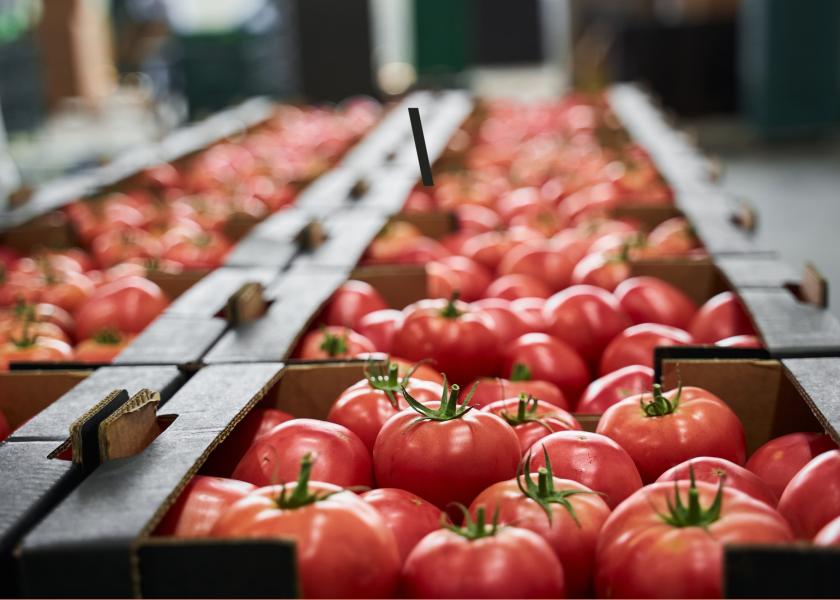Study: End of suspension agreement will drive up consumer tomato prices

A 10-page economic study from Arizona State University says ending the U.S.-Mexico suspension minimum price agreement for tomatoes would raise consumer prices by as much as 50%.
In June, the Florida Tomato Exchange requested that the Department of Commerce terminate the 2019 Tomato Suspension Agreement, which sets an agreed-upon reference price for the sale of fresh tomatoes from Mexico in the U.S. market. If the suspension agreement is terminated, domestic growers would seek new tariffs on Mexican tomatoes.
The termination of the agreement, according to the Fresh Produce Association of the Americas, would dramatically restrict the supply of imported tomatoes, reducing competition on grocery store shelves and raising prices for consumers.
If the suspension tariff is terminated and import tariffs are imposed on Mexican tomatoes, the study found U.S. consumers can expect to see tomato prices increase by an average of 52% across all affected varieties of tomatoes (including cherry, grape, greenhouse, roma, TOV and vine-ripe.)
Led by Timothy Richards, Morrison chair of agribusiness at Arizona State University, the analysis evaluated the impact that terminating the tomato suspension agreement will have on consumer prices, retail sales and economic activity in two states that are central to the tomato supply chain in the U.S., Arizona and Texas, according to a news release.
“In conclusion, our economic analysis of the proposed tariffs on tomatoes imported from Mexico stand to impose real costs on the U.S. economy,” the study said. “Consumers can expect to pay prices that average some 50% higher than they currently are, and grocery retailers, extrapolating from the sample of retailers in our sample, will earn almost $7.53 billion less in revenue.”
The loss of Mexican tomato imports would decrease economic activity in Arizona by almost $3.4 billion, while Texas would lose $4.53 billion, the study said.
“The data is clear. If the administration opts to terminate this agreement, it will cause significant economic damage to countless communities in Arizona, Texas and beyond, while also sending tomato prices skyrocketing for consumers across the country at a time when many American families are already struggling with the rising cost of living,” Lance Jungmeyer, president of the Fresh Produce Association of the Americas, said in the release. “It doesn’t have to be this way. The Tomato Suspension Agreement ensures that American consumers, companies and communities have access to fresh, healthy, high-quality tomatoes at an affordable price. The Department of Commerce shouldn’t mess with what’s working.”
Recently, 34 members of Congress from both parties signed a joint letter calling on the Administration to uphold the agreement, while more than 400 businesses across 32 states joined together to express their support for continuing the agreement.







